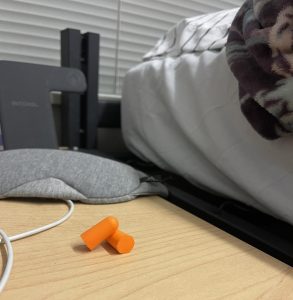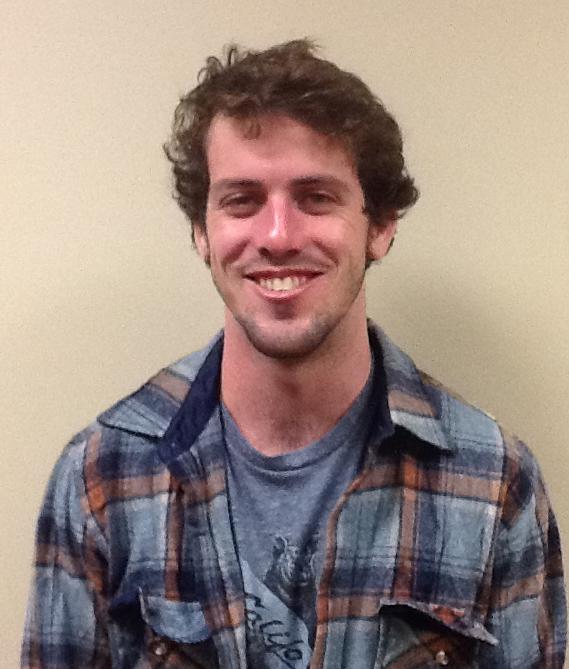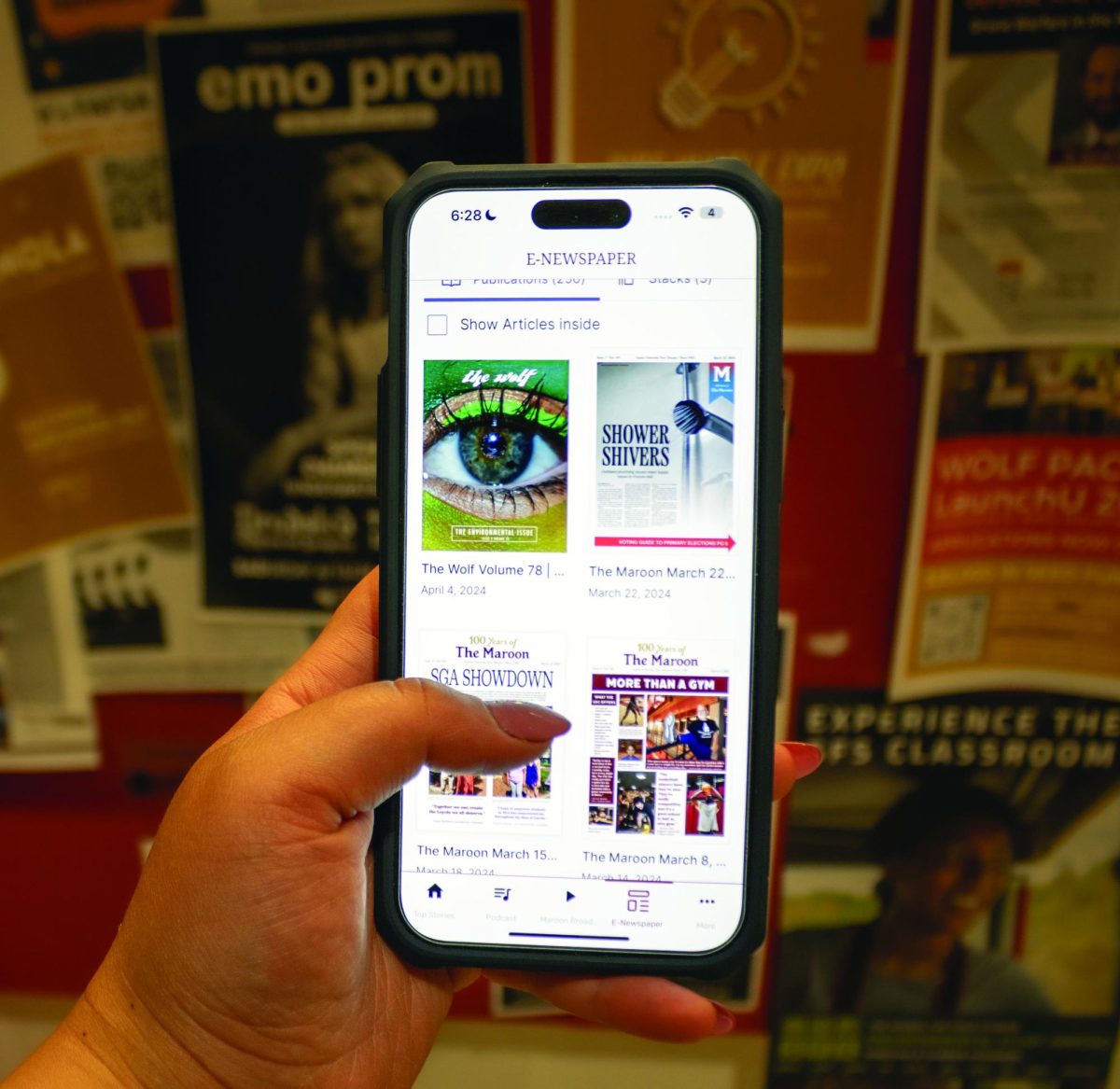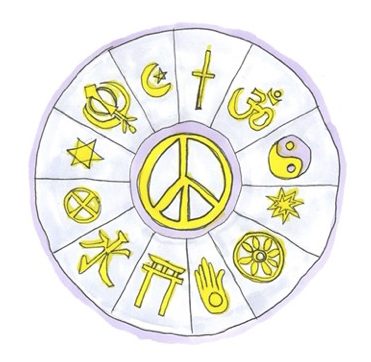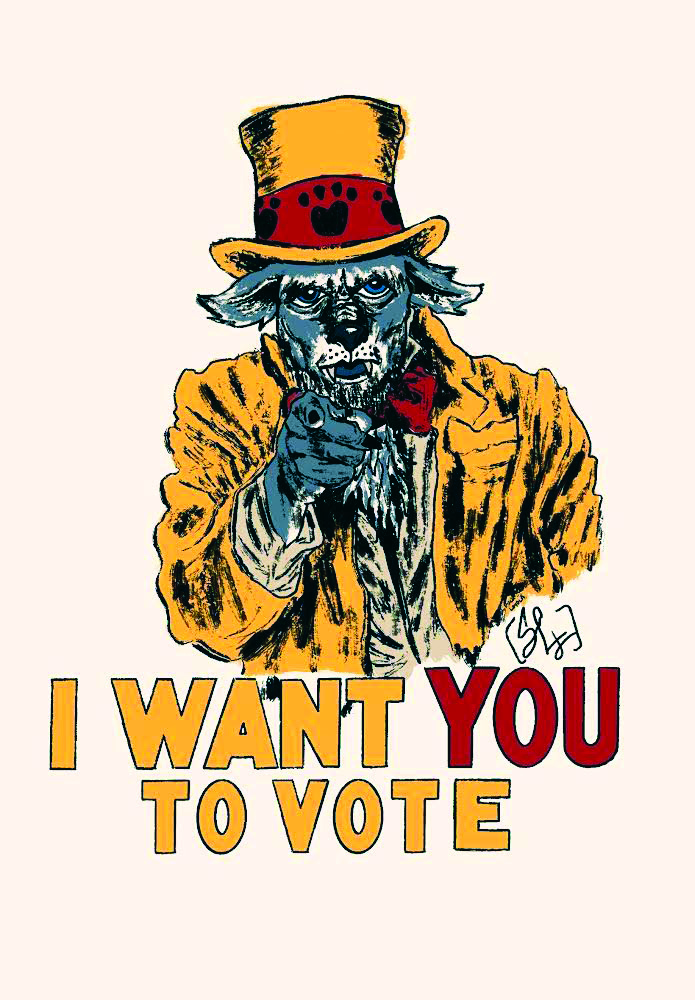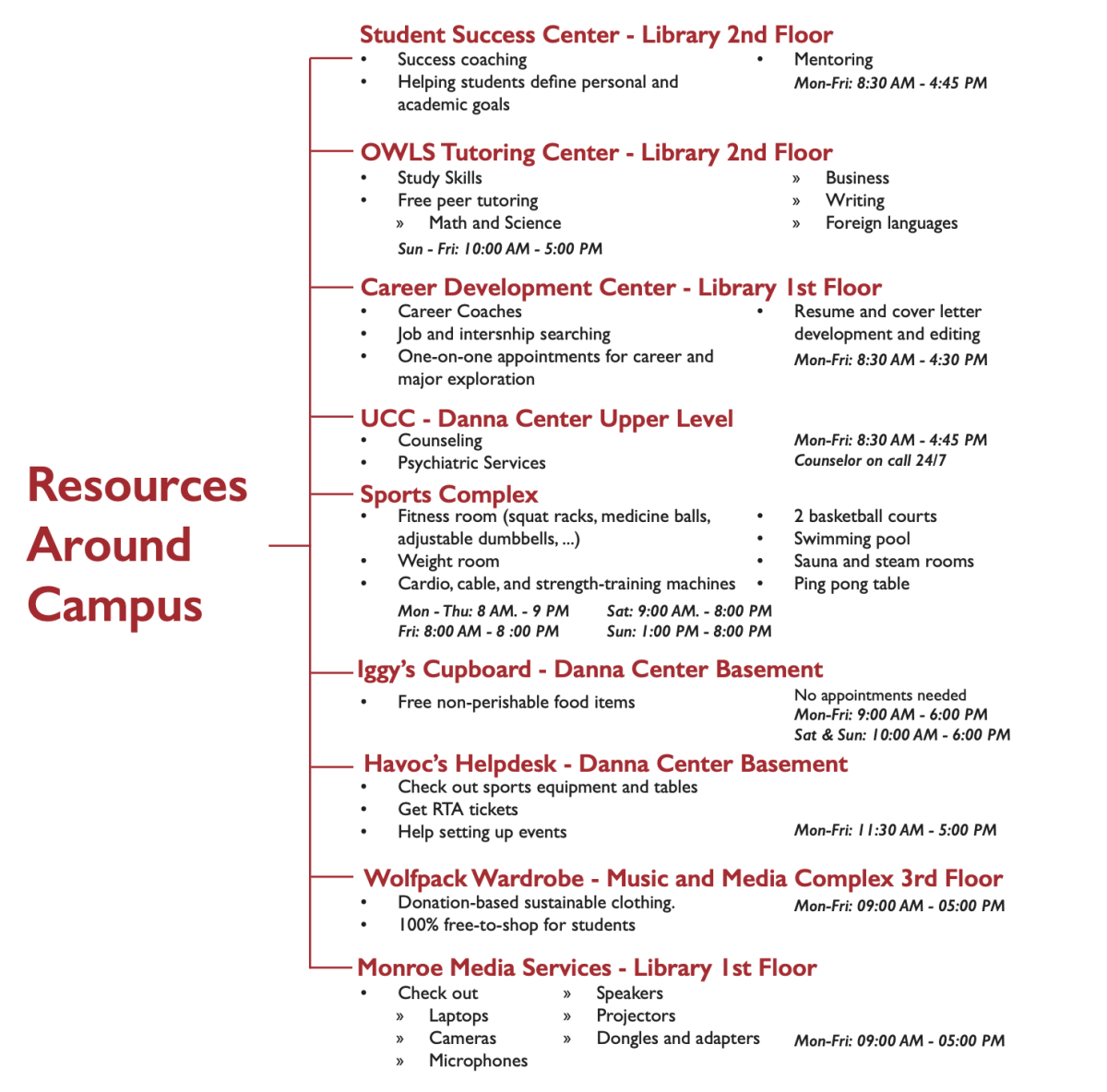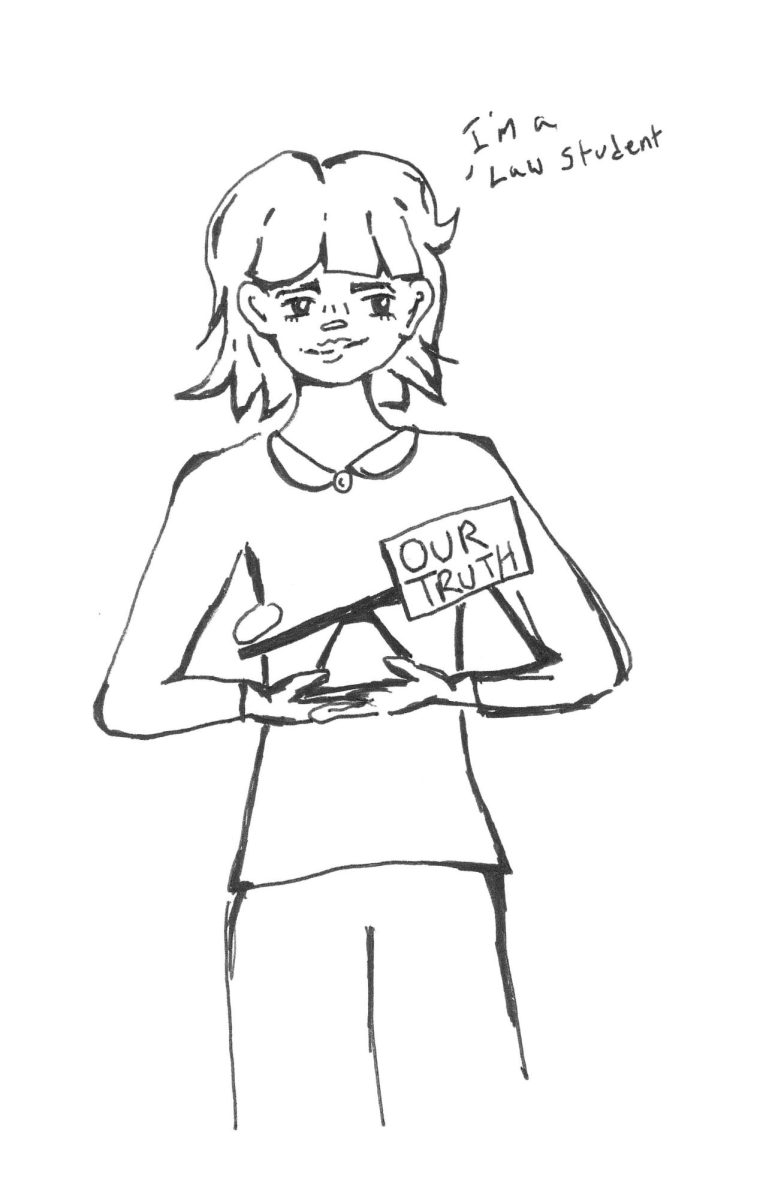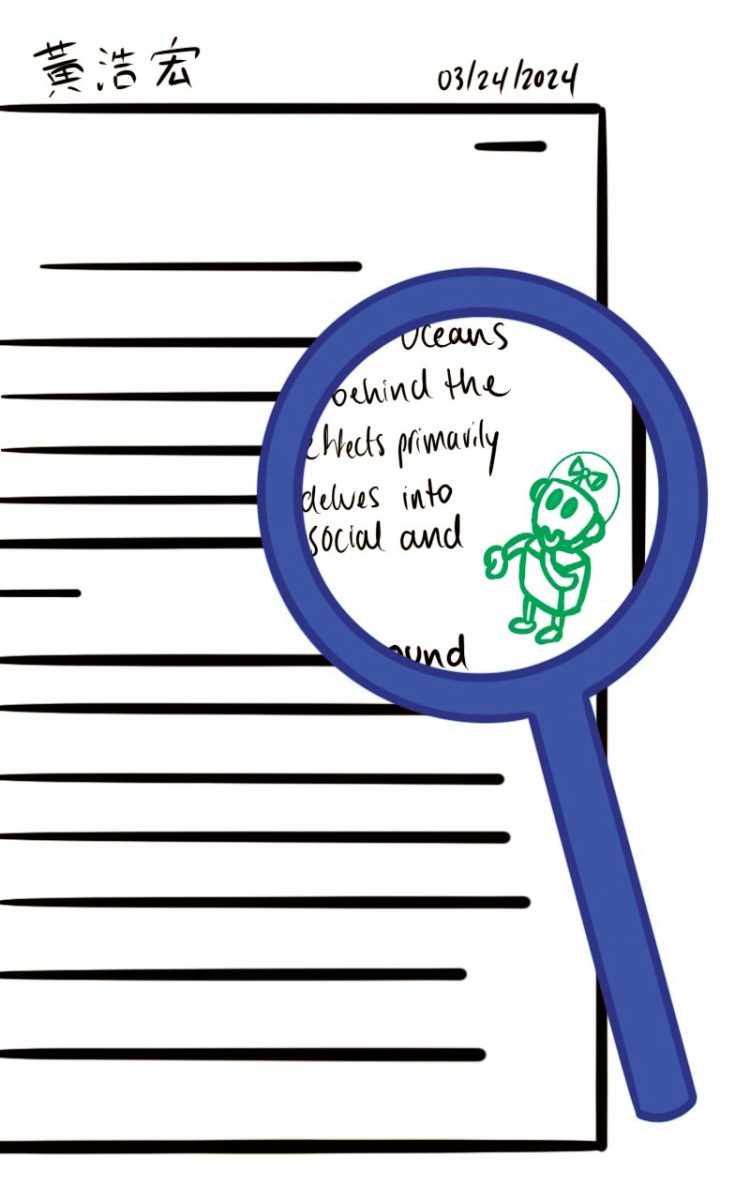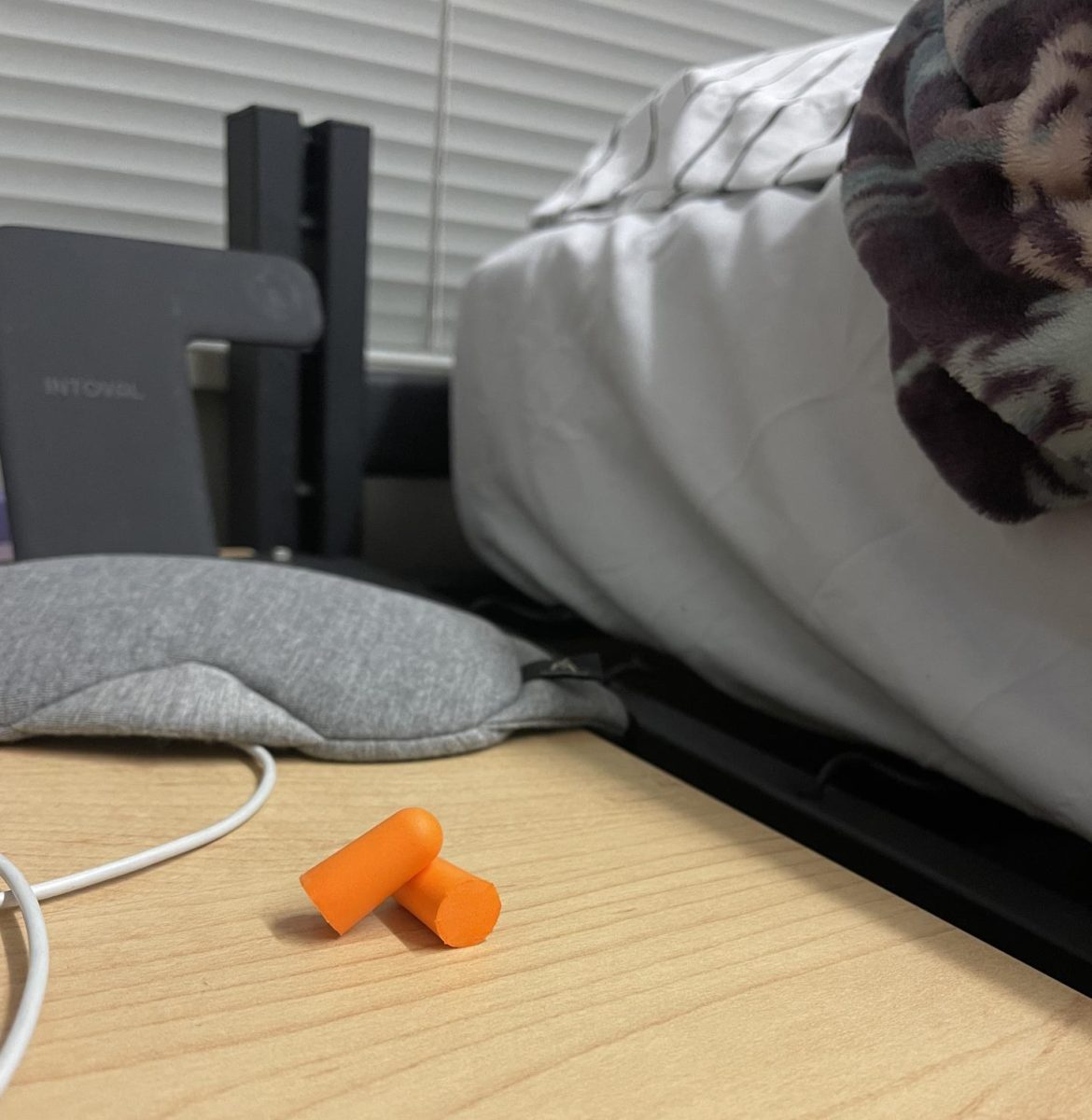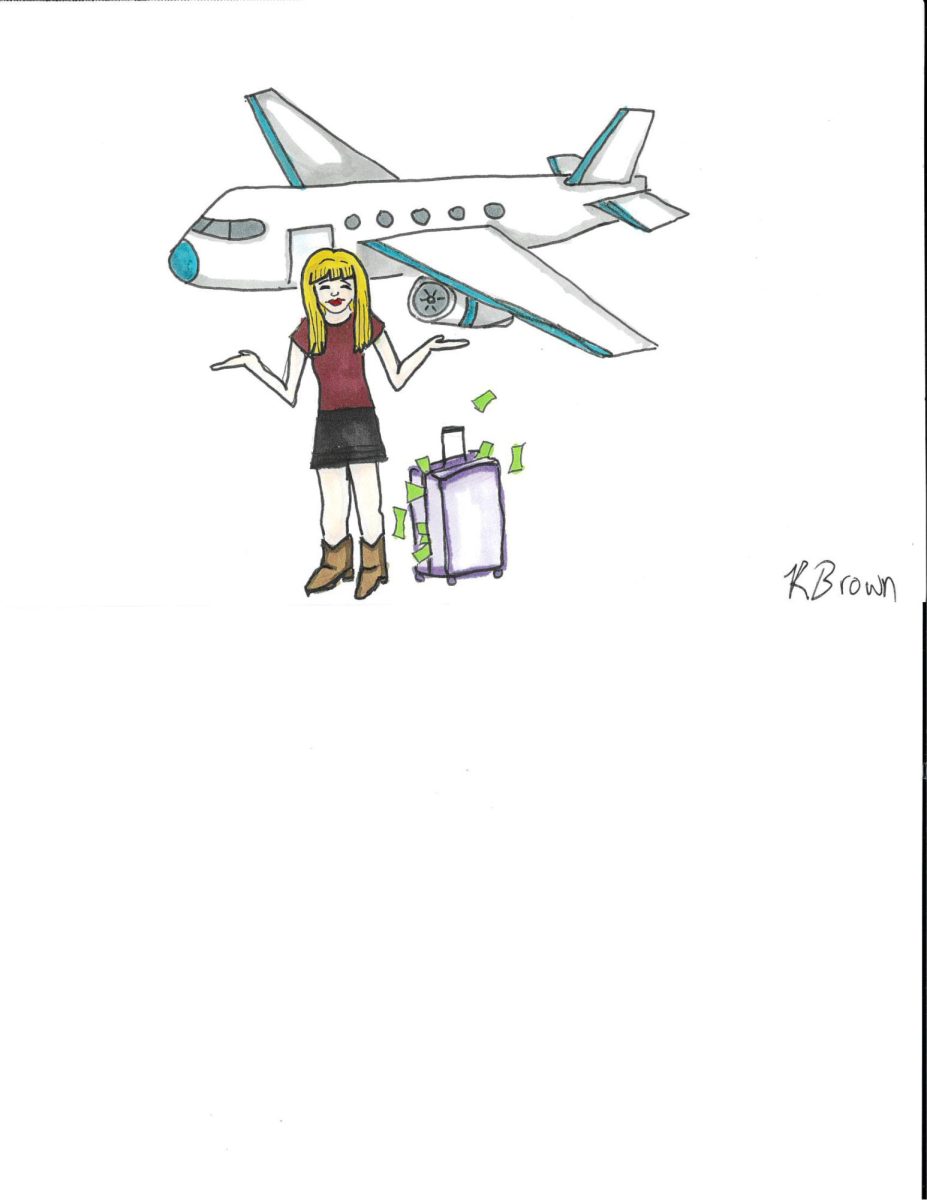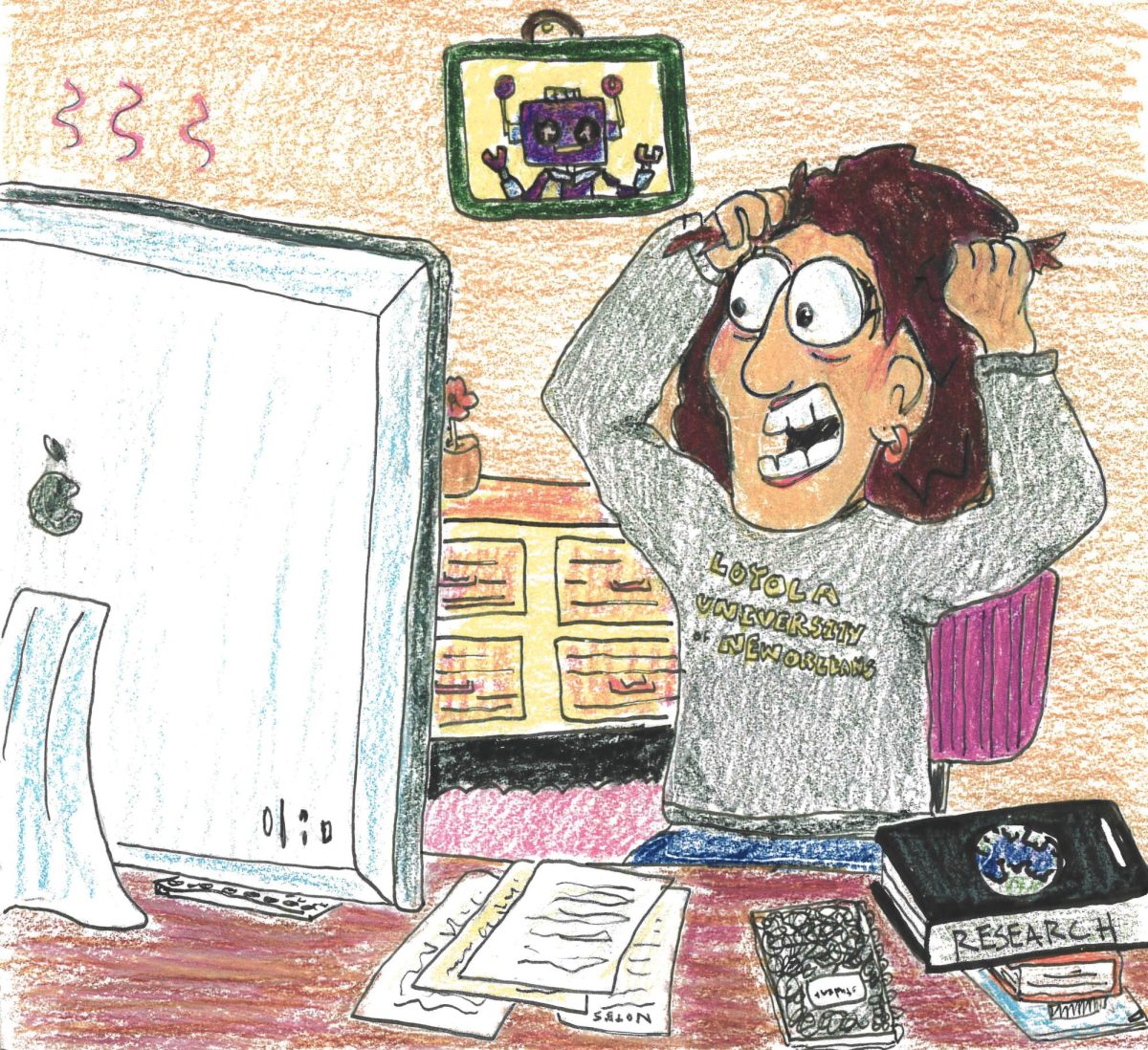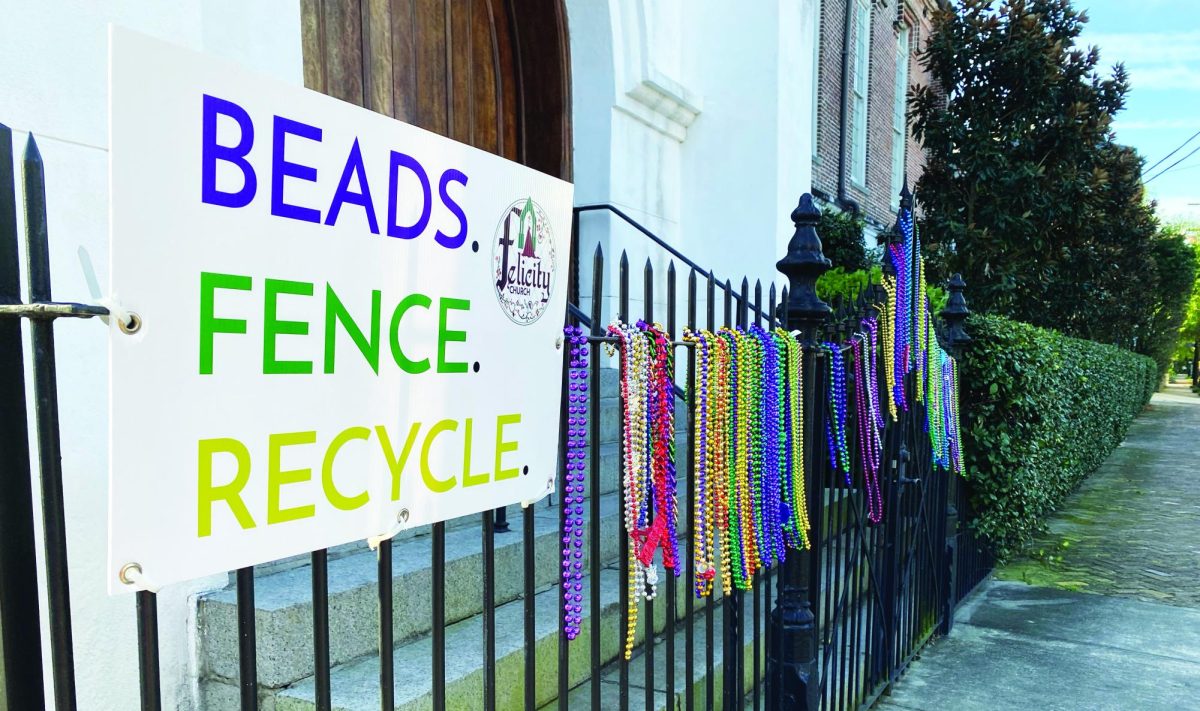In Shakespeare’s 18th sonnet he pronounces that he and his love will both die, yet because of his poetry their love and lives will be eternal. And it’s true.
Four centuries later that love is still there, floating around in the ether of literature. And because someone as iconic as Shakespeare loved her, she is very much alive.
Not everyone that lived in the 17th century was so lucky, however. When most people died, they died forever. There is no trace of their lives, their struggles or their adventure. To us, they practically never existed.
In the matter of an individual, these people lived like any other. But to history they are dead, their stories are dead, and we will never know if they found the key to true happiness or the recipe to make the best damn cider.
Historians have a limited archive of everyday citizens of the time period to refer to as what the life of a plebeian was like in the 17th century. Most information comes through the literate, the wealthy, the royalty and through state documents. Not that Shakespeare’s sonnets can tell us what his mistress thought about the state or feudal repression, but it at least gives us a look at his taste and his culture’s taste in beauty and lyric.
But the historians of 2414 are going to have a pretty huge advantage. As unpredictable as the future is, if humans still have the Internet, they will have all of our lives on file. Yes, that’s right. We will all live forever. Thanks to good ol’ Facebook. Everything we “like,” everything we say – no matter how vain or useless – and everything we share will be a building block by which people of the 25th century can understand us. They can find the memes of Beyoncé and everyone saying “check out dat booty!” to understand the culture that has a fondness for curvature.
They will find the increasingly large demand for civil justice and equality. They will understand the veracity by which we beleaguered the public sphere with petitions for gender and lesbian, gay, bisexual and transgender rights. They will see the legality of gay marriage and marijuana slowly encompass the states – and perhaps by then the globe.
They will see how the American government quickly became more transparent through the disclosure of its dirty secrets by WikiLeaks and Anonymous onto social media sites. How it’s faux-capitalist/faux-democratic roots were found fracking the money depostis of the wealthy. Maybe they can stumble back to Facebook in 2011, and see when people were gathering in the Middle East to fight against tyranny.
The list goes on forever, and becomes more flowery. The point is that even the what hasn’t happened yet can be linked to the posts that we put on Facebook. It is believable to say that in 2414 historians will be able to tell the way that Facebook changed us.
Even if you delete your Facebook or if Facebook gets deleted, it is archived and can be visited at any time.
You know that spooky myth “watch out what you put on Facebook, it never goes away” to keep you G-rated for potential employers? It’s real. Seriously. Go to archive.org and step into the wayback machine. Especially with more access to the nitty-gritty of the online world, that information is permanent and will be even more publicly accessible when we all die.
Facebook, right now, is storing the early parts of our Facebook lives on 10,000 Blu-Ray discs holding one petabyte of “cold storage.” And this is only going to grow. So even if the Facebook servers get blown up, amongst the ruins will be your high school prom pictures and statuses.
We should feel obligated, even honored to a degree. We will make some historians miserable one day shifting through all of our junk. But we will be there and it will be important. So post what you’re eating, post what you truly believe. I hate seeing it, but it probably will make a difference one day when they are painting the picture of our history.
Maybe history will be looked at completely differently because of this phenomenon, we really can’t know. I think we can relish in our eternal lives for awhile and just say,
“So long as men can breathe or eyes can see,
So long lives Facebook, and this gives life to thee.”
Take that Shakespeare.
Kevin O’Sullivan is a philosophy senior;
he can be contacted at






